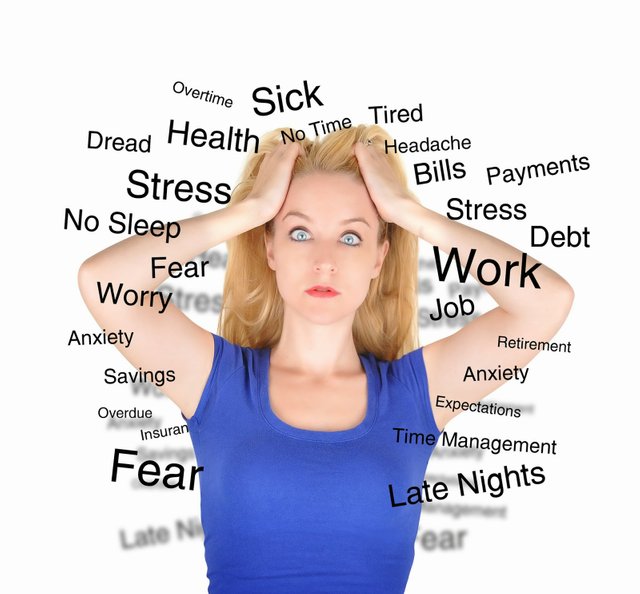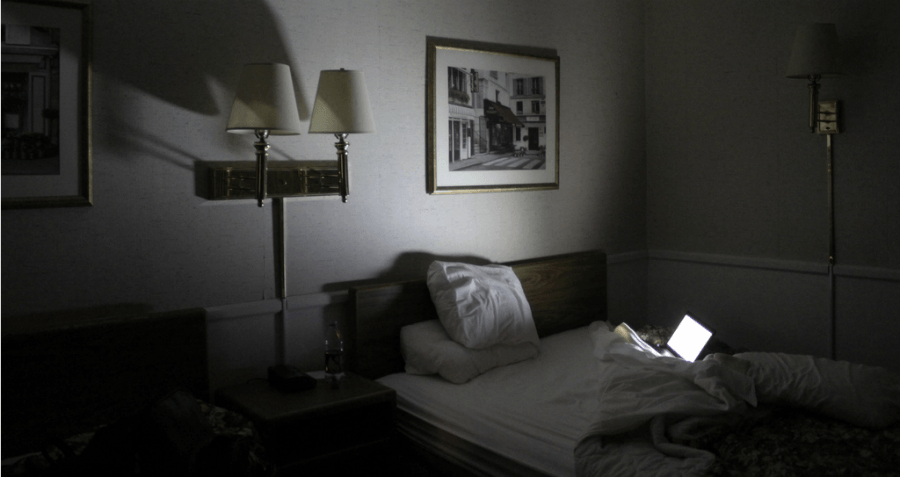Melatonin sleep aids are growing in popularity, with 3 million Americansusing them in 2012, according to a nationwide survey from the Centers forDisease Control and Prevention. If you’re among them or are consideringmelatonin for sleep, it’s smart to understand exactly how melatonin works.
“Your body produces melatonin naturally. It doesn’t make you sleep, but as melatonin levels rise in the evening it puts you into a state of quiet wakefulness that helps promote sleep,” explains Johns Hopkins sleep expert Luis F. Buenaver, Ph.D., C.B.S.M.
Insomnia is the most common sleep condition in the world, with half of adults globally reporting occasional episodes. Chronic insomnia, though far less prevalent, affects as many as 10 to 15. Approximately 40 million Americans experience insomnia every year and more than 57 percent of older adults experience a decline in quality of life and overall health due to insomnia. But while this sleep disorder is common, it’s also a complex condition that goes beyond experiencing an occasional sleepless night. For some people, insomnia means difficulty in falling asleep, for others it's difficulty in maintaining sleep, and for still others it's early awakening. Everyone has a rough night or two, and about 30% of adults have occasional or short-term insomnia. Chronic insomnia. No matter what its cause, insomnia is the most common sleep complaint among Americans. According to the National Sleep Foundation, 30% to 40% of adults say they have occasional insomnia.
“Most people’s bodies produce enough melatonin for sleep on their own. However, there are steps you can take to make the most of your natural melatonin production, or you can try a supplement on a short-term basis if you’re experiencing insomnia, want to overcome jet lag, or are a night owl who needs to get to bed earlier and wake up earlier, such as for work or school.”
If you’d like to harness melatonin’s sleep-inducing effects, Buenaver recommends taking these steps.
Work with, not against, melatonin’s sleep-inducing signals.
“Melatonin levels rise about two hours before bedtime,” Buenaver says. “Create optimal conditions for it to do its job by keeping the lights low before bed. Stop using your computer, smartphone or tablet—the blue and green light from these devices can neutralize melatonin’s effects. If you watch television, be sure you’re at least six feet away from the screen. Turn off bright overhead lights too.” Meanwhile you can help program your body to produce melatonin for sleep at the right time of day by getting exposure to daylight during the morning and afternoon. Take a walk outside or sit beside a sunny window.
What the Experts DoLower the Light to Prep for Sleep

Johns Hopkins sleep expert Luis F. Buenaver, Ph.D., C.B.S.M., keeps the lights low in the evening to help his mind and body prepare forsleep. But if he has to work in the evening or answer emails, he usesfilters to screen out the blue and green wavelengths of light emitted byhis smartphone and computer. “Your brain associates this light withdaytime, and it can interfere with melatonin’s sleep-promoting effects. Afilter can help.” Many types of blue-light filters are available online andin stores.
Consider melatonin sleep help for occasional insomnia.
“Even sound sleepers have trouble falling asleep or staying asleep once in a while,” Buenaver says. “You may want to try melatonin for sleep if you have difficulty for more than a night or two.” Research shows that a supplement may help people with insomnia fall asleep slightly faster and may have bigger benefits for those with delayed sleep phase syndrome—falling asleep very late and waking up late the next day.
Use melatonin sleep supplements wisely and safely.
“Less is more,” Buenaver says. Take 1 to 3 milligrams two hours before bedtime. To ease jet lag, try taking melatonin two hours before your bedtime at your destination, starting a few days before your trip. “You can also adjust your sleep-wake schedule to be in sync with your new time zone by simply staying awake when you reach your destination—delaying sleep until your usual bedtime in the new time zone. Also, get outside for natural light exposure. That’s what I do,” Buenaver says.
Know when to stop.
“If melatonin for sleep isn’t helping after a week or two, stop using it,” says Buenaver. “And if your sleep problems continue, talk with your health care provider. If melatonin does seem to help, it’s safe for most people to take nightly for one to two months. “After that, stop and see how your sleep is,” he suggests. “Be sure you’re also relaxing before bed, keeping the lights low and sleeping in a cool, dark, comfortable bedroom for optimal results.”


Skip melatonin for sleep if …
Do not use melatonin if you are pregnant or breastfeeding or have an autoimmune disorder, a seizure disorder or depression. Talk to your health care provider if you have diabetes or high blood pressure. Melatonin supplements may also raise blood-sugar levels and increase blood pressure levels in people taking some hypertension medications.


I Have Insomnia Every Night
Sign Up for Our Free Newsletter
Acupuncture Points For Sleep
One of the best things you can do to protect and improve your health is to stay informed. Your Health is a FREE e-newsletter that serves as your smart, simple connection to the world-class expertise of Johns Hopkins.